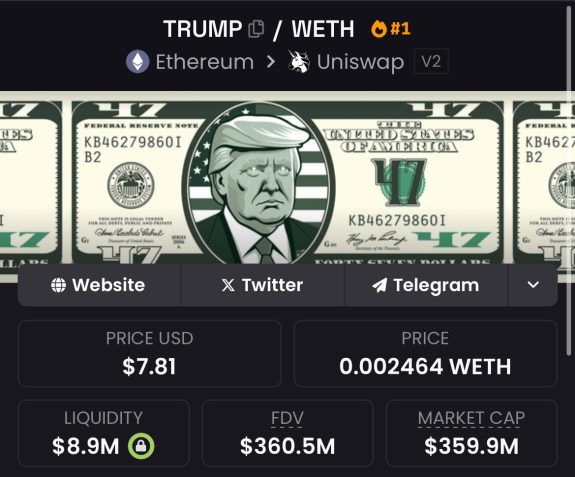
Donald Trump Memecoin Soars 52% After Assassination Attempt Shocks Rally
The MAGA (TRUMP) memecoin, linked to former President Donald Trump,…

On July 19, South Korea’s financial regulatory body enacted new regulations aimed at bolstering the security of cryptocurrency transactions and protecting the digital assets of users. These measures, outlined in the “Virtual Asset User Protection Act,” require virtual asset service providers (VASPs) to adopt several rigorous protocols to ensure the safety and integrity of user investments.
Under the new legislative framework, crypto exchanges and other VASPs must enhance their operational protocols to safeguard user assets effectively. This includes:
The Financial Services Commission (FSC) emphasized the necessity for continuous monitoring of transactions to identify and report suspicious activities. This ongoing surveillance is crucial in maintaining the integrity of financial interactions within the crypto space. Violations of these regulations may lead to severe penalties, including criminal charges, highlighting the government’s commitment to stringent enforcement.
The crypto community in South Korea has expressed concerns that these new regulations could lead to widespread token delistings. In response, an alliance of 20 South Korean crypto exchanges announced a six-month review period for 1,333 cryptocurrencies to assess compliance with the new laws. The Digital Asset Exchange Alliance (DAXA) has indicated that, despite these concerns, a mass delisting of tokens is unlikely.
Amidst these regulatory changes, South Korea’s ruling party, the People’s Power Party, has proposed a delay in implementing the tax on crypto trading profits, citing deteriorating sentiment towards cryptocurrency assets. The party advocates for a more cautious approach to taxing digital assets, suggesting that the market requires more time to adjust to the regulatory landscape.
South Korea’s new crypto regulations mark a significant step towards creating a safer and more reliable digital asset environment. By enforcing these measures, the government aims to protect investors and strengthen the overall stability of the cryptocurrency market. As the industry continues to evolve, these regulations could serve as a model for other nations seeking to balance innovation with investor protection.